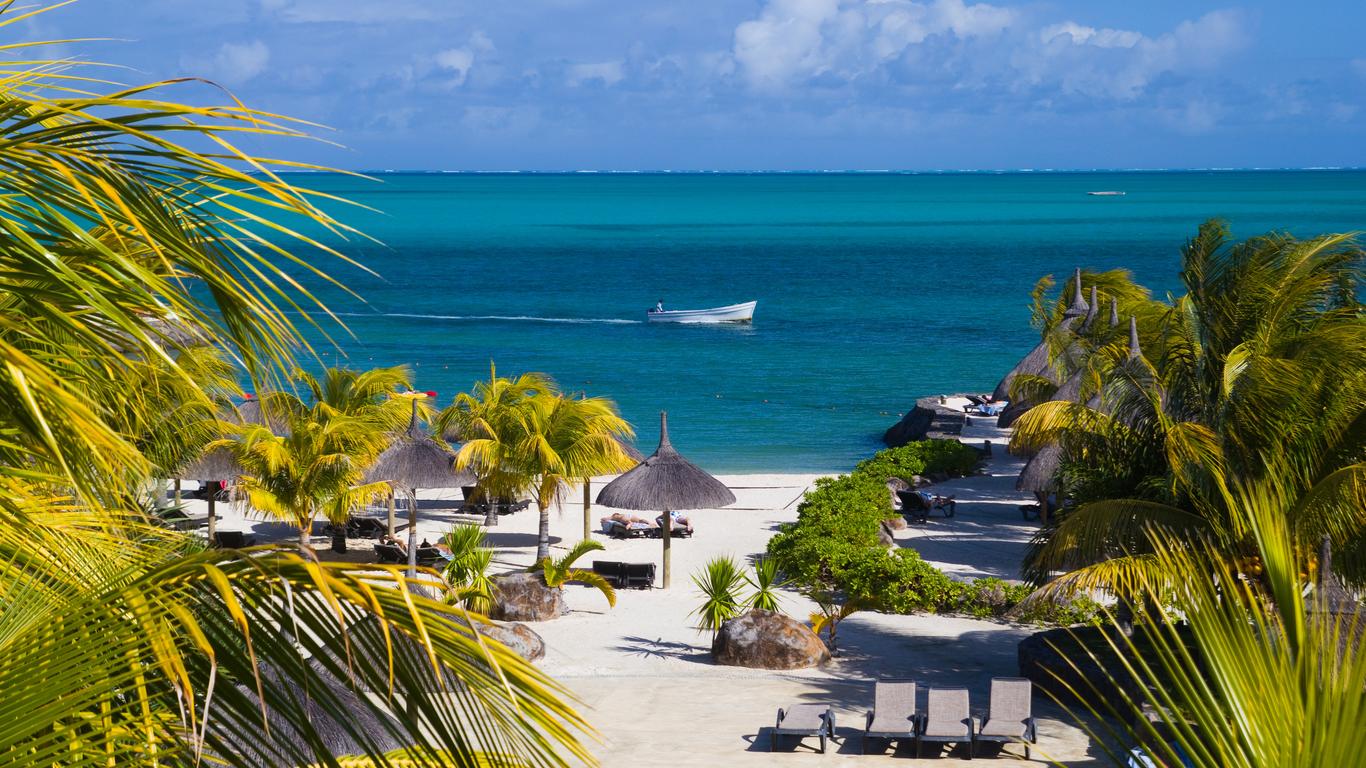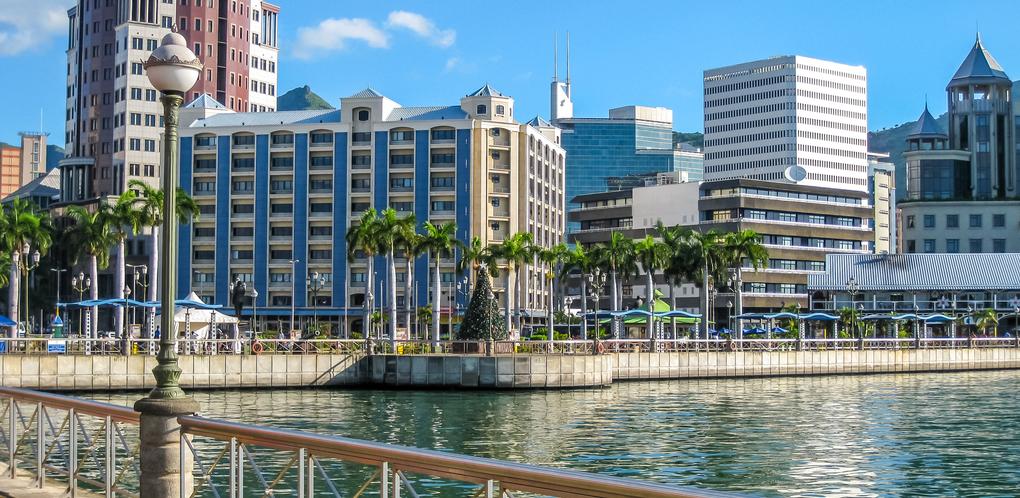
Mauritius travel guide
Mauritius Tourism | Mauritius Guide
You're Going to Love Mauritius
Renowned for the bright blue water and white sandy beaches, Mauritius has so much more to offer in the way of hiking in the mountains, snorkeling and diving trips and visits to botanical gardens.

What to do in Mauritius
1. Hiking
The Black River Gorges National Park is home to the highest mountain in Mauritius. Climb Little Black River Peak (2,700 ft) or hike along the banks of the Black River along the Maccabee Trail.
2. Diving
The warm sea of the Indian Ocean and the coral reef surrounding the island make Mauritius a popular place to dive. Explore the underwater tunnels and caves off the southeast coast or go to the west and do some diving at the Kei Sei 113 or Tug II wrecks.
3. Take a Catamaran Trip
Sail around the lagoons and out onto the open water on a catamaran cruise. Try a sunset cruise complete with sundowner drinks or one that will stop off for a barbeque lunch at one of the small offshore islands.
4. Relax on the Beach
Wherever you are in Mauritius, you will find a beach with warm temperatures and turquoise sea – the east coast beaches at Palmar, Tamarin in the west and Trou-aux-Biches in the north all provide places to relax and enjoy the scenery.
5. Horseback Riding
A popular way to visit the island, there are a number of horseback tour operators throughout the island. Centre Equestre de Riambel in the south and the Forbach Stables in the north provide tours with experienced guides and well-behaved horses.
When to visit Mauritius
Due to the tropical maritime climate, there is little variation in temperature between seasons. Winter, which falls between May and October, tends to be warm and without rain, while summer, from November to April, can be rainy as well as hot and humid.
How to Get to Mauritius
Entry Requirements
Visitors holding passports from the USA, Canada, Australia, the EU and Britain will not need a visa for stays of up to 90 days but will need to ensure that passports have at least one blank page. All visitors require a return or onward ticket.
Plane
The main airport into Mauritius is Sir Seewoosagur Ramgoolam International Airport, which is located just outside Máhebourg. Air Mauritius, the national carrier, operates international flights to Africa, Asia, Australia and Europe, and other airlines such as Emirates, Turkish Airlines and Air France also fly into Mauritius.
Boat
While the main port of Port Louis is mainly commercial, there are limited passenger services that operate to Mauritius from Rodrigues Island, Réunion and Madagascar.
Popular airlines serving Mauritius
Where to stay in Mauritius
There are plentiful hotels and beach resorts, especially on the east and south coasts of the island. Visitors can choose between all-inclusive resort offerings at luxury resorts, such as Shangri-La and the Four Seasons, or opt for more reasonably priced accommodation at beach villas, family-run bed and breakfasts or self-catering apartments.
Where to stay in popular areas of Mauritius
How to Get Around Mauritius
Public Transportation
In the urban areas of Mauritius, local buses are the most common way to get around. Bus travel is more economical than taxis, which are expensive, and the bus network is extensive.
Bus
While there is no one bus service that covers the whole island, there are regional bus operators that form the bus network in Mauritius. Fares range from around 15-40 MUR (0.39-1 USD) depending on the length of the journey.
Car
There are several international and local car rental companies that are situated at the airport and in the main cities, and foreign licenses are accepted. Mauritius has one main highway that runs from the south to the north of the island while the rest of the road network consists of narrow, well-maintained roads.
Plane
Air Mauritius operates a daily flight between the main island of Mauritius and Rodrigues, which is an autonomous volcanic island to the east.
The Cost of Living in Mauritius
Mastercard and Visa credit cards are widely accepted by most hotels, restaurant and tourist shops, and ATMs are located in the main cities and towns of Mauritius. Groceries are likely to cost around 124 MUR (3 USD) for a 0.2 gallon of milk and a dozen eggs. Eating out is also reasonably priced and will cost around 250 MUR (7 USD) for a meal per person in a slightly cheaper restaurant.